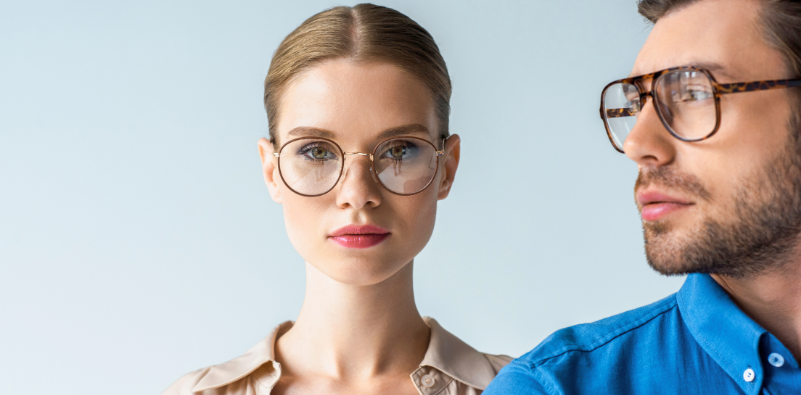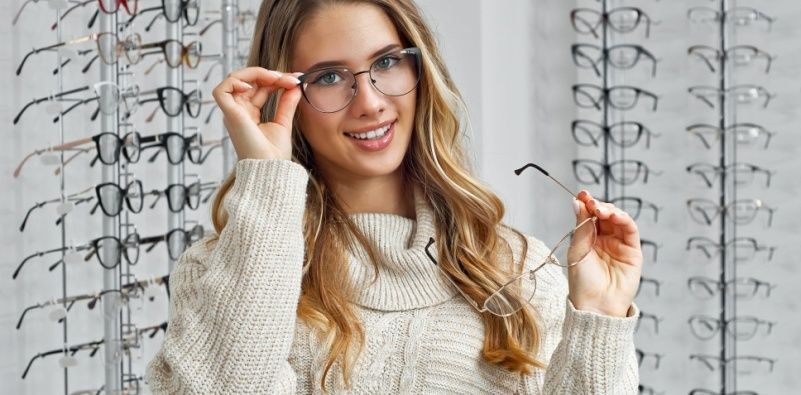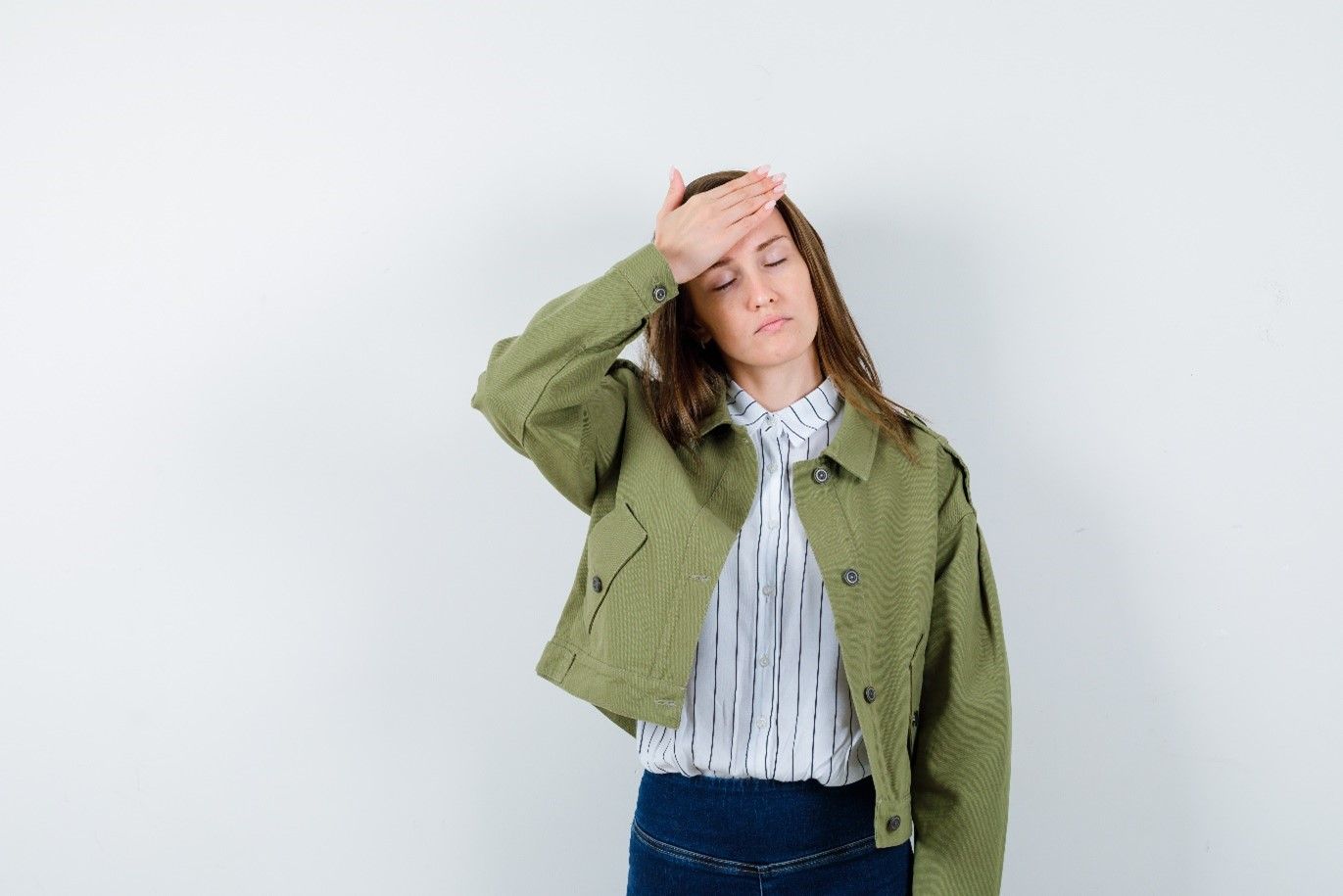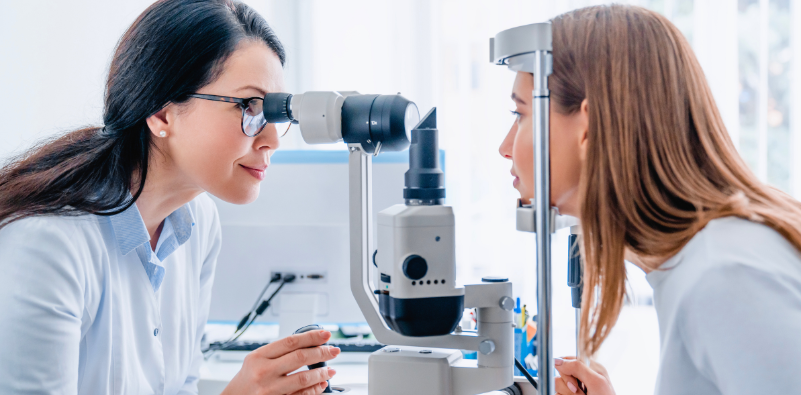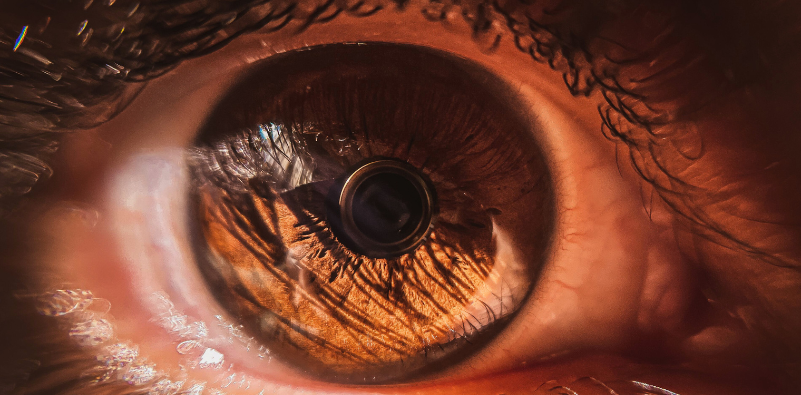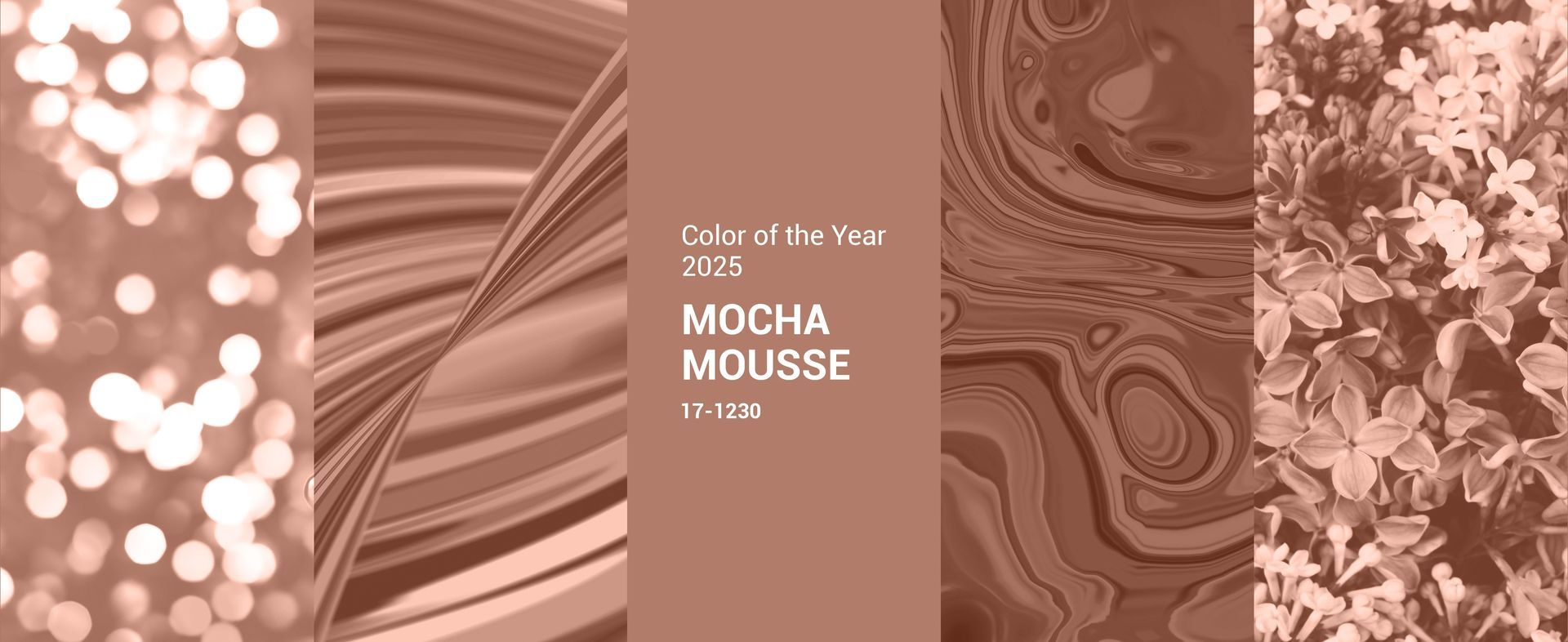The Perfect Lenses for the Office
In the last ten years, technology has revolutionised the way we work and the way that we spend our free time. Outside of work, the average person spends a considerable amount of time looking at a screen, either a laptop, tablet, games console or smartphone device and this puts extra strain on our eyes.
If you are also working in an office, where a lot of your day is spent working at a computer then your eyes are under even more pressure. Office workers can go on to develop Computer Vision Syndrome (or Digital Eye Strain) which can lead to eye discomfort and vision problems.
How to look after your eyes at the office
There are a number of ways to help prevent the development of CVS, including taking regular breaks away from your screen and also ensure that lighting and your screen brightness settings are not putting additional strain on your eyes.
Another way to look after your eyes is to choose a glasses lens that provides the optimal lens solution for your different work and leisure activities. In the same way that technology is progressive, there are solutions that offer advanced occupational progress lens, or in other words, they adapt the designs around the specific demands you are placing on your eyes.
Our very own ProVue OfficePlus Freeform provides three different lens design variations:
Office – For people working around the office mostly on a computer but who regularly need to see across far distances as they walk around the office environment.
Computer – Providing the best lens performance for using a computer with an emphasis on 2 metres of vision. Most suitable for heavy computer users/gamers and multi-screen computer users.
Book – For close up reading where a shorter distance is required and for people with hobbies that require high levels of concentration at near vision, with the flexibility to see up to about 1 metre.
Different working environments and jobs place different demands on your eyes, so it makes sense to have the most suitable type of lens to support your vision across the different types of vision usage.
Key benefits of using ProVue OfficePLus Freeform lenses include:
- Fast adaptation for improved user comfort
- Exceptional binocular performance to help prevent CVS and fatigue
- Availability of three different designs to suit your specific needs
If you would like to talk to a specialist about how ProVue OfficePlus Freeform can help your eyes perform better in your working environment, make an appointment at Harrold Opticians today.

